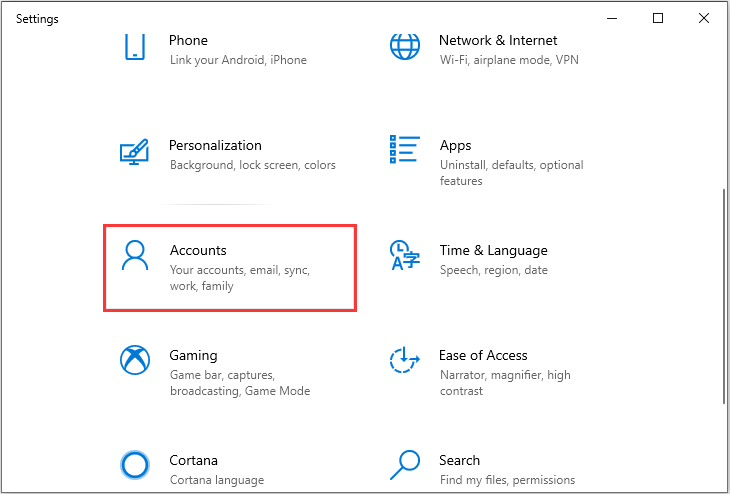At&t Your Account Needs Immediate Attention

AT&T customers across the United States are reporting a surge in suspicious emails and text messages claiming their accounts require "immediate attention." These communications, often employing alarming language and threatening service disruption, are raising concerns about potential phishing scams and the security of customer data.
The influx of these notifications highlights the ongoing battle against cybercriminals targeting large telecommunications companies like AT&T, attempting to exploit user anxieties for personal gain. Understanding the nature of these scams, how to identify them, and what steps to take is crucial for protecting personal information and preventing financial loss.
The Anatomy of the Scam
The deceptive messages typically follow a similar pattern. Customers receive an email or text message purporting to be from AT&T. The message claims that there's an issue with their account, often citing reasons such as billing problems, security breaches, or the need to update account information.
These messages frequently include a link that directs users to a fake website designed to mimic the official AT&T site. This is a classic phishing tactic. The fake website then prompts users to enter sensitive information, such as their username, password, social security number, or credit card details.
Cybersecurity experts warn that these fake websites are often sophisticated and difficult to distinguish from legitimate sites. The urgency conveyed in the messages is designed to pressure recipients into acting quickly without carefully scrutinizing the details.
Identifying Suspicious Communications
Recognizing the red flags associated with these scams is the first line of defense. AT&T, like many reputable companies, generally doesn't request sensitive information via email or text message.
Pay close attention to the sender's email address or phone number. Scammers often use generic or misspelled addresses. Look for grammatical errors and typos, which are common indicators of phishing attempts.
Hover your mouse over the link provided in the message without clicking on it. This will reveal the actual URL, which may differ from what is displayed and often points to a suspicious domain.
AT&T's Response and Recommendations
AT&T has acknowledged the increase in phishing attempts targeting its customers and has provided guidance on how to stay safe. The company encourages customers to be vigilant and to verify the authenticity of any communication they receive.
“We are aware that some customers are receiving suspicious emails or text messages,” said an AT&T spokesperson in a statement. “We encourage customers to be cautious of any unsolicited requests for personal information and to report any suspicious activity to us immediately.”
Customers are advised to access their AT&T account directly through the official website or mobile app, rather than clicking on links in suspicious emails or text messages. They should also use strong, unique passwords for their accounts and enable two-factor authentication whenever possible.
Reporting Suspicious Activity
If you suspect that you've received a phishing email or text message, report it to AT&T immediately. You can forward the email to [email protected] or the text message to 7726 (SPAM).
You should also report the incident to the Federal Trade Commission (FTC) at IdentityTheft.gov. This helps the FTC track and combat online scams.
The Broader Impact of Phishing Scams
Phishing scams pose a significant threat to individuals and organizations alike. Beyond the immediate financial losses, victims can suffer from identity theft, damaged credit scores, and emotional distress.
The rise in sophisticated phishing techniques highlights the need for ongoing cybersecurity awareness training and education. Individuals must remain vigilant and informed about the latest threats.
"It's not just about protecting your money," says security consultant, Jane Doe. "It's about protecting your identity and your peace of mind."
Looking Ahead
The fight against phishing scams is an ongoing challenge. AT&T and other telecommunications companies are continuously working to improve their security measures and protect their customers.
However, individual vigilance remains the most effective defense. By staying informed, being cautious, and reporting suspicious activity, customers can significantly reduce their risk of falling victim to these scams.
Staying updated with the latest cybersecurity best practices and being skeptical of unsolicited communications are crucial steps in navigating the increasingly complex digital landscape.


















